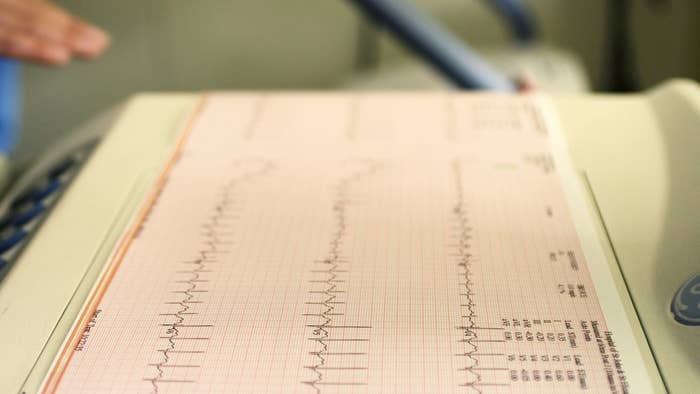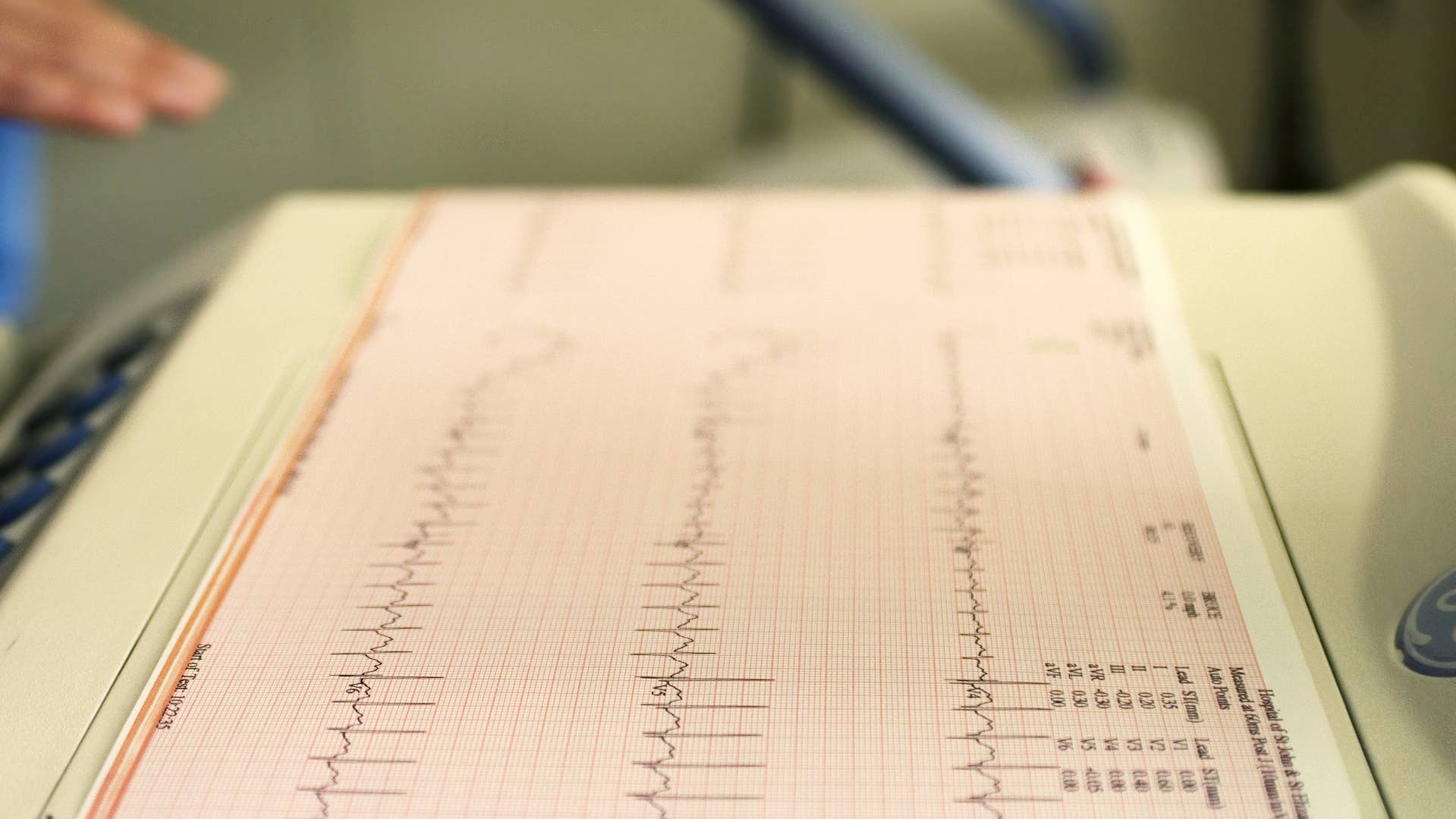
A team of doctors from Johns Hopkins, Cleveland Clinic, and Cedars-Sinai in Los Angeles have conducted research that shows a surge in cases of Takotsubo syndrome, or stress cardiomyopathy during the COVID-19 pandemic, per ABC News. The research shows that the spike in cases has been most prominent in women.
The condition, which has also been referred to as “broken heart syndrome,” refers to when a person becomes so affected by emotional and physical stress that it triggers a response akin to a heart attack. The Cleveland Clinic suspects certain taxing situations can lead to the release of stress hormones that cause a temporary, irregular heartbeat. Unlike a heart attack, those who suffer from it are expected to make a full recovery in a shorter period of time.
A study by Cedars-Sinai found middle-aged and older women are more likely to be diagnosed with a “broken heart,” and more susceptible to suffer from complications that lead to a hospitalization.
The Cleveland Clinic found that the condition soared from less than two percent prior to the pandemic to 7.8 percent as the virus continued to take hold of the country. While “broken heart” syndrome was already experiencing a steady rise from 2006 to 2014, the stresses of living in this new normal have likely contributed to the latest spike over the last few years.
“As cardiologists we always think the heart is the most important organ. It’s the brain and the brain controls everything,” Dr. Bairey Merz of Cedars-Sinai, said, adding that one in 5 people will deal with another episode within 10 years of their first.

